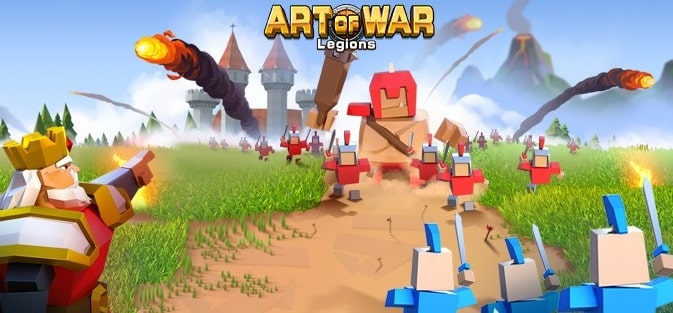
“Through those conversations with my peers, came also the realisation that our parents were probably a little bit odd at times, and they have these behavioural patterns which show us that they grew up during the war. “The idea for this book came when I was talking to my friends, asking them how are we going to teach our children about this history, and how do we keep them interested in it – or how do we teach them the responsibility which comes with it? “It took me becoming a parent to actually be able to really empathise with my parents having witnessed World War Two at the ages of five and six,” she says. Helwig found this when she had children herself. Grandchildren thus often possess the family memory without having experienced the events themselves.” “Psychologists have found that many grandchildren internalized their grandparents’ experience even if the Nazi era was never spoken of. “What the Kriegskinder did not come to terms with they passed onto us grandchildren,” writes Senfft. Yet the majority either deny the misdeed or break with their parent.” Although a generation has passed since the war, what took place lives on in family dynamics. “A minority manage to differentiate between the perpetrator and the loved parent and to integrate both, to let each stand alongside the other. “Often, the concealed crime weighs so heavily on the descendants’ psyche that they can hardly process it: how can a beloved and loving father have been a murderer at the same time?
The daughter in art of war 2 full#
“To recognize perpetrators in one’s father or mother and to reconcile this recognition with one’s love towards them is an act full of ambivalence and unbearable tensions,” writes Senfft. To read these memories is to be brought closer to a place of understanding: by seeing them as children, even as we look at them as old people, we acknowledge the ambiguities of who they are. “Clear or hazy, many have images of flight, and of the ‘Russians’ they still feel the hunger and taste the chocolate given to them by American soldiers.” “To this day, many remember the air raid shelters, the bombing raids, the fear of the adults around them, the dead and wounded, the hanged and the suicides, the bombed houses and playing in the rubble,” writes Alexandra Senfft – the grand-daughter of a Nazi war criminal, and author of The Long Shadow of the Past: Descendants Face their Nazi Family History – in the foreword for Kriegskinder. Replayed through their senses, remembered via taste or sound or smell, the memories of the Kriegskinder bring past events into the present. It’s maize porridge for lunch, but I can only think of the corpses with their tattered clothes and bones sticking out and I feel sick.”

Because no dead bodies can lie in the city streets trucks arrive, dig him and others up and throw them onto the trucks. “Eventually they take him away and bury him on the side of the road. He lies there for days with his mouth open and we children throw pebble stones into it. He had tried to hide from the war in a ruined building and they hung him from the crossbar of the lamp post,” says Werner. “One day a hanged man is lying in front of our house in Berlin. Many describe death in the only way they could comprehend it, as children. “What they say is interesting – but also what they don’t say.” “Most of the first-hand accounts in the book are quite anecdotal,” says Helwig. I laugh triumphantly, but Hilde pulls me silently back into my seat.” Although it describes a juvenile encounter, it’s a disturbing memory. He turns around, walks off, I feel like I won. “I am wearing a black and white Pepita suit.
The daughter in art of war 2 driver#
I am standing in the back of the Mercedes, my nanny Hilde sitting next to me, in front next to the driver my mother,” he recalls. “We are driving through the Krakow Ghetto where my mother buys her furs and scarfs for a price of her own choosing. His memory in Kriegskinder is from a childhood shopping trip with his mother and nanny. Born in 1939, Niklas Frank is the son of Hans Frank, the Nazi Governor of Poland, and he travelled through Europe with the human rights lawyer Philippe Sands in the acclaimed documentary My Nazi Legacy: What Our Fathers Did. One of her subjects has had to confront that more than most.


 0 kommentar(er)
0 kommentar(er)
